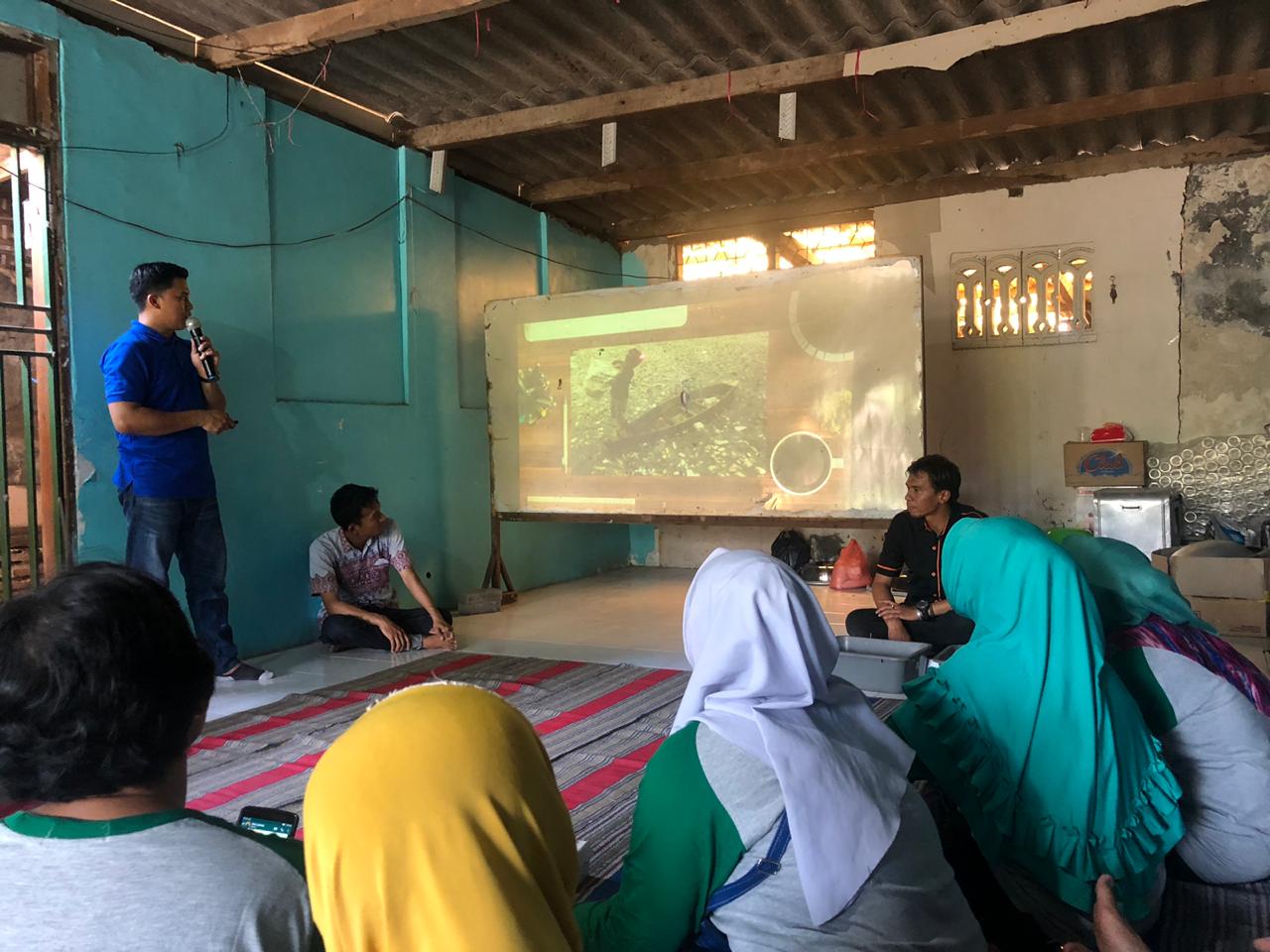UNAIR NEWS – One of the real experiences of practising Tri Dharma in Higher Education is community service activities. In line with that, Faculty of Nursing (FKp) of Universitas Airlangga (UNAIR) held community service. The event was titled “Entrepreneur-Based Waste Management” by holding socialization of BSF Maggot cultivation trash bank.
Located in RW 8, Medokan Semampir Village, Sukolilo, Surabaya, dozens of FKp UNAIR Magister students held a community service. A total of 14 Masters students from class XII and 20 residents around RW 8, Medokan Semampir Village participated in the community service activities on Tuesday, October 8.
Head of Community Service, Suharyono, S.Kep., Ns., explained the reason FKp UNAIR chose this place for community service activities. He admitted the results were the waste management in the RW was still not well realized. The actual rubbish has not been put to good use by the residents.
“After the socialization, we hope the waste could bring more of economic value,” he said.
Community service activities began with remarks from Vice Dean I FKp UNAIR Dr. Kusnanto, S.Kp., M.Kes. The remarks continued by Head of RW 8, Medokan Semampir Village, and Head of FKp UNAIR Community Service.
The socialization begins with the material presentation by Master students related to the impact of waste empowerment. Subsequent material was presented by Indonesian Waste Entrepreneurs Association (APSI) regarding maggot cultivation practices.
Suharyono said there are several advantages of maggot cultivation. Maggot can be used as a medicine for patients who experience blood sugar. With the compilation of wounds, maggot is used as a medium to eat necrotizing wounds (dead cells or tissue).
Suharyono hopes the community can be activated independently in the future. According to him, the activity did not stop there, and there was still sustainability. APSI will continue to monitor the development of Maggot cultivation in RW 8.
“For example, maggot cultivation in this area is developing into a large scale. Thus, APSI can buy it from the local community,” he added. (*)
Author: Sandi Prabowo
Editor : Khefti Al Mawalia





